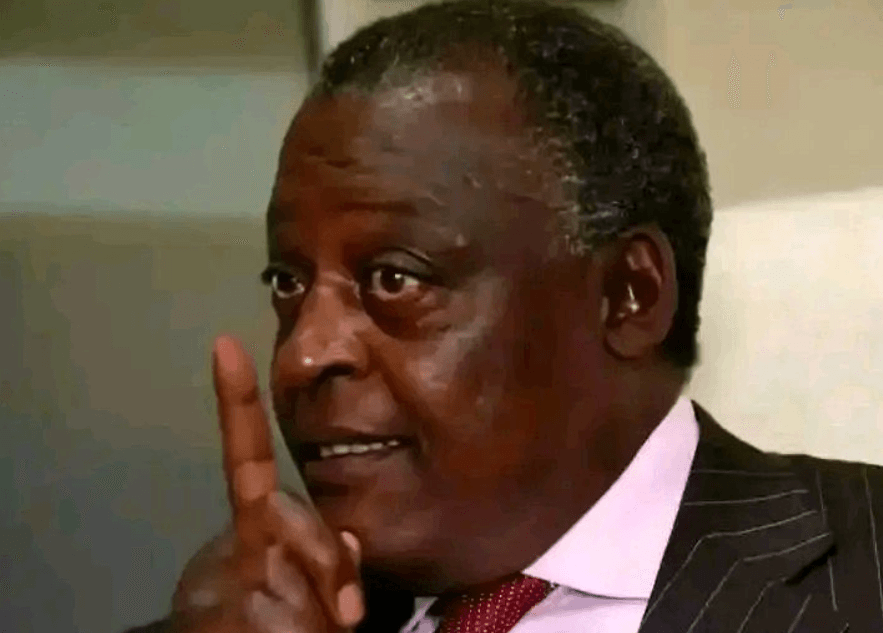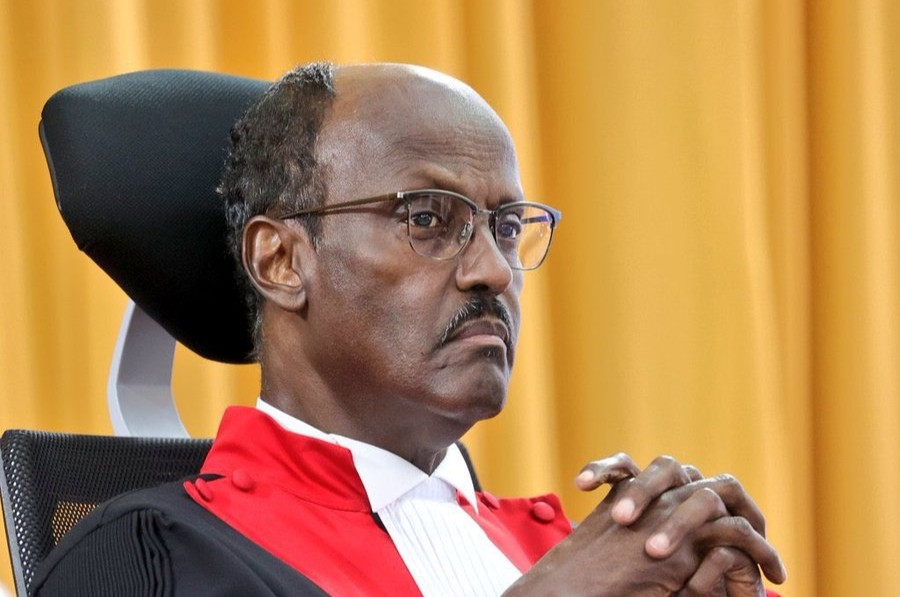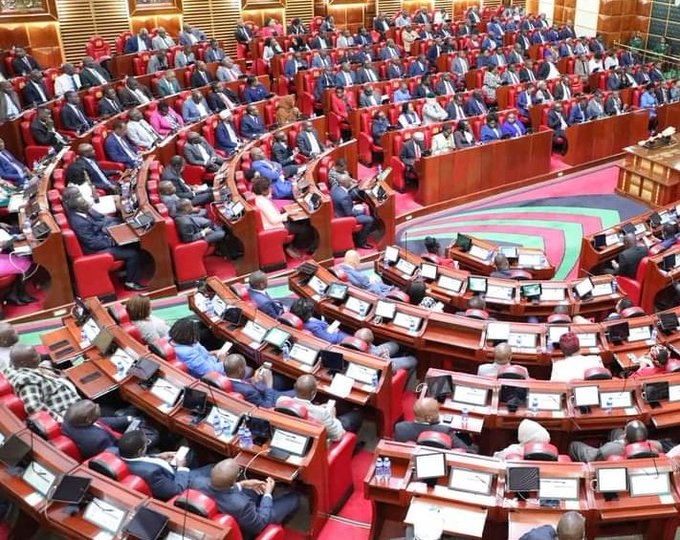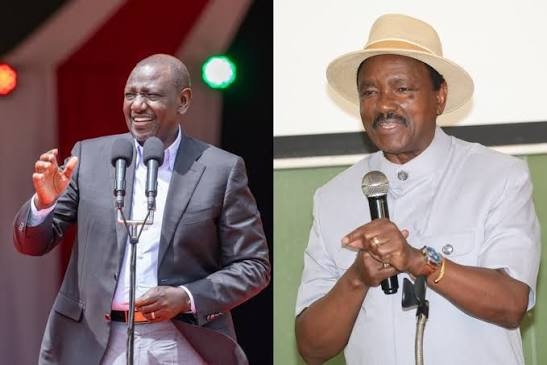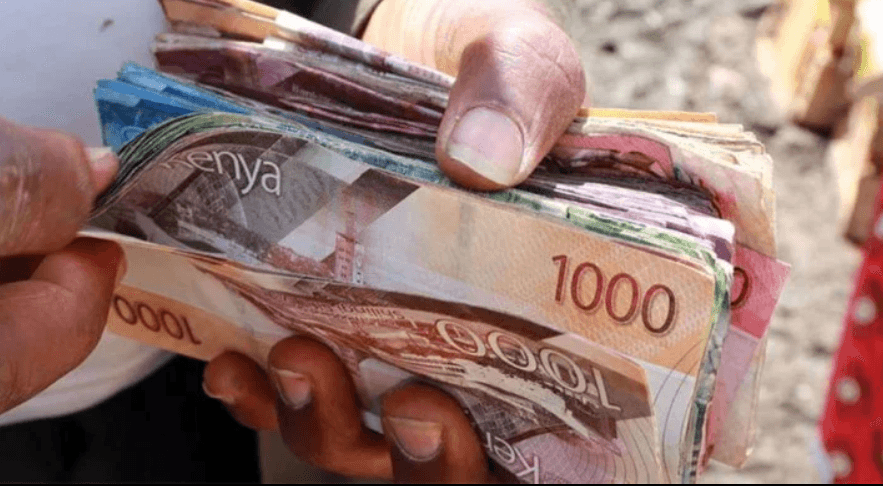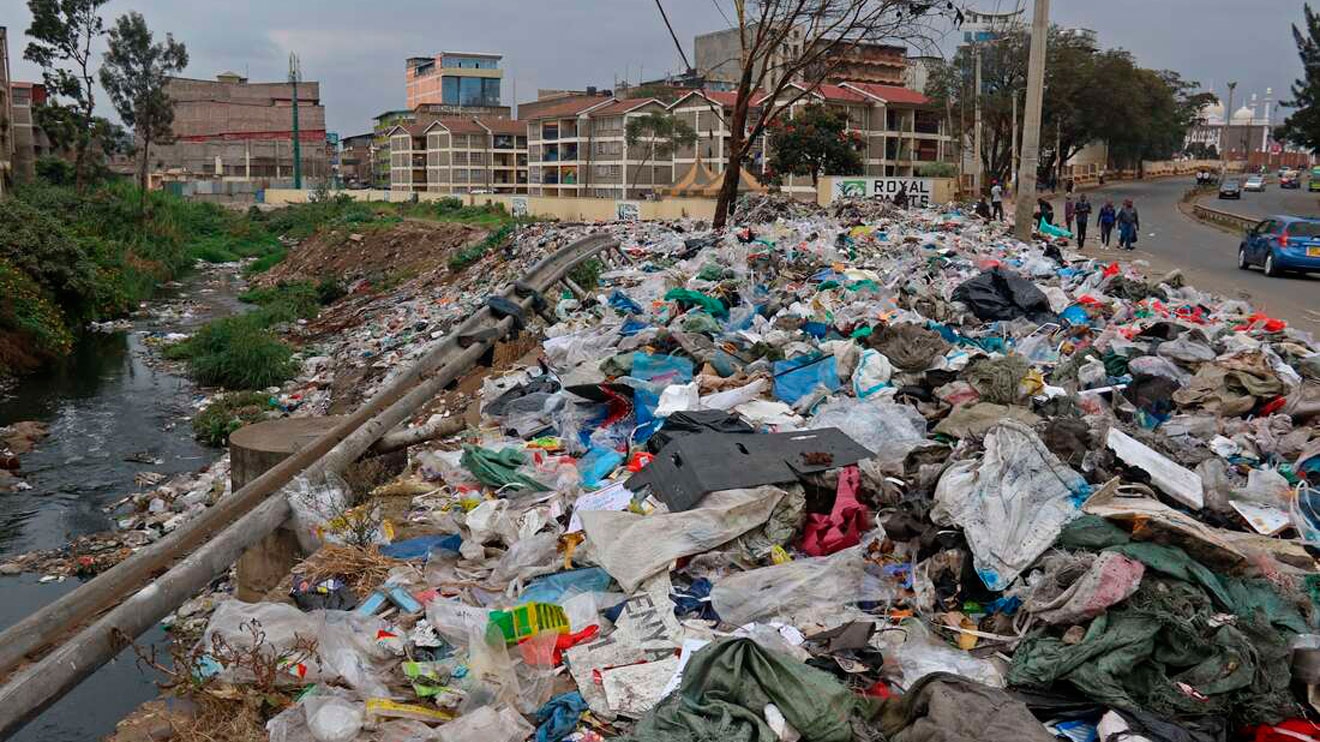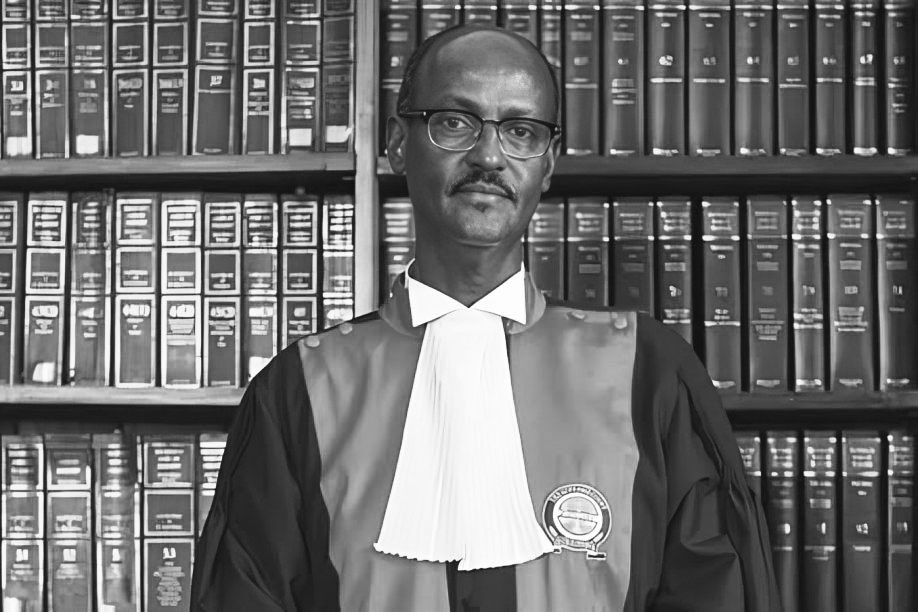It would appear that with the arrest of 95 Libyans in Mpumalanga, South Africa during the last week of July and the mysteries and theories about what exactly the Libyans were doing there, the relationship between Libya and South Africa has once again entered a complicated phase.
Just over a decade ago, South Africa, as a non-permanent member of the United Nations Security Council, was mediating between Libya and Nato allies, led by the US. The mediation was ignored and the Nato allies went ahead to bomb Libya and conduct “regime change”, getting rid of Muammar Gaddafi in the process.
For those who have been preoccupied with other world developments and have not been keeping an eye on this issue, here’s a very brief summary.
According to a report published on the South African news website IOL, police in Mpumalanga, a South African province which borders Swaziland and Mozambique, uncovered a suspected Libyan military training base in the White River area.
IOL reported that the training camp was uncovered by members of the SA Police Service, working together with the Provincial Joint Structures (ProvJOINTS) and the country’s Department of Home Affairs.
The raid on the compound in Mpumalanga, which in the Zulu language means "the place where the sun rises", and the subsequent arrests, were the result of a tip-off to the police.
South Africa’s police commissioner was quoted as saying that, “The place, which was initially designated as a training site, appears to have been converted into an illegal military training base. The 95 individuals taken into custody are all Libyan nationals and are currently being questioned by the relevant authorities.”
The arrested Libyans were facing charges this week of being in South Africa illegally. It was claimed that they had entered the country with visas acquired through misrepresentation in Tunisia.
According to the South African Department of Home Affairs, the Libyans arrived in South Africa in April.
However, the story as to why they were in the country has so far been unclear, with the Sowetan online news source reporting: “One of the 95 men arrested at a military camp in Mpumalanga claims they were recruited by a Libyan tycoon who funded their trip only to disappear about a month ago, leaving them starving.”
At the same time, Pieter Groenewald,the leader of the Freedom Front Plus political party, who is currently serving as Correctional Services Minister in South Africa's GNU (Government of National Unity), is reported as having said, “The 95 people in custody apparently have ties with a group trying to destabilise Africa.”
The story reminded me of the period through the 1980s and 1990s, in particular, when Gaddafi’s Libya was Africa and the world’s chief bogeyman. If there were internal security problems to be ascribed to foreign powers, poor Libya was usually the first port of call for beleaguered African governments.
For instance, in 1992, during the clamour for multiparty democracy in Kenya, the Youth for Kanu ’92 lobby group, YK’92, claimed that a group of 28 youths who had allegedly left the country through Uganda in 1989 en route to Libya to receive military training had returned to the country.
A press statement signed by the YK’92 leader Cyrus Jirongo claimed that the youth were behind the so-called tribal clashes in parts of the Rift Valley and Western Kenya.
Attached to the press statement was a list of 28 names of people that Jirongo and company claimed had received military training in Libya. Jirongo and his group were calling on Kenyan security organs to take action.
Sure enough within days, there were reports that security officers in Bungoma District of Western Province, as it then was, had arrested 17 young people who were suspected of trying to sneak out of the country to acquire military training in Libya.
By the early 2000s, Gaddafi seemed to have rehabilitated his and Libya’s image across Africa. Instead of being regarded with fear, he was being touted as the continent's rich, generous uncle, spreading his wealth across the continent.




